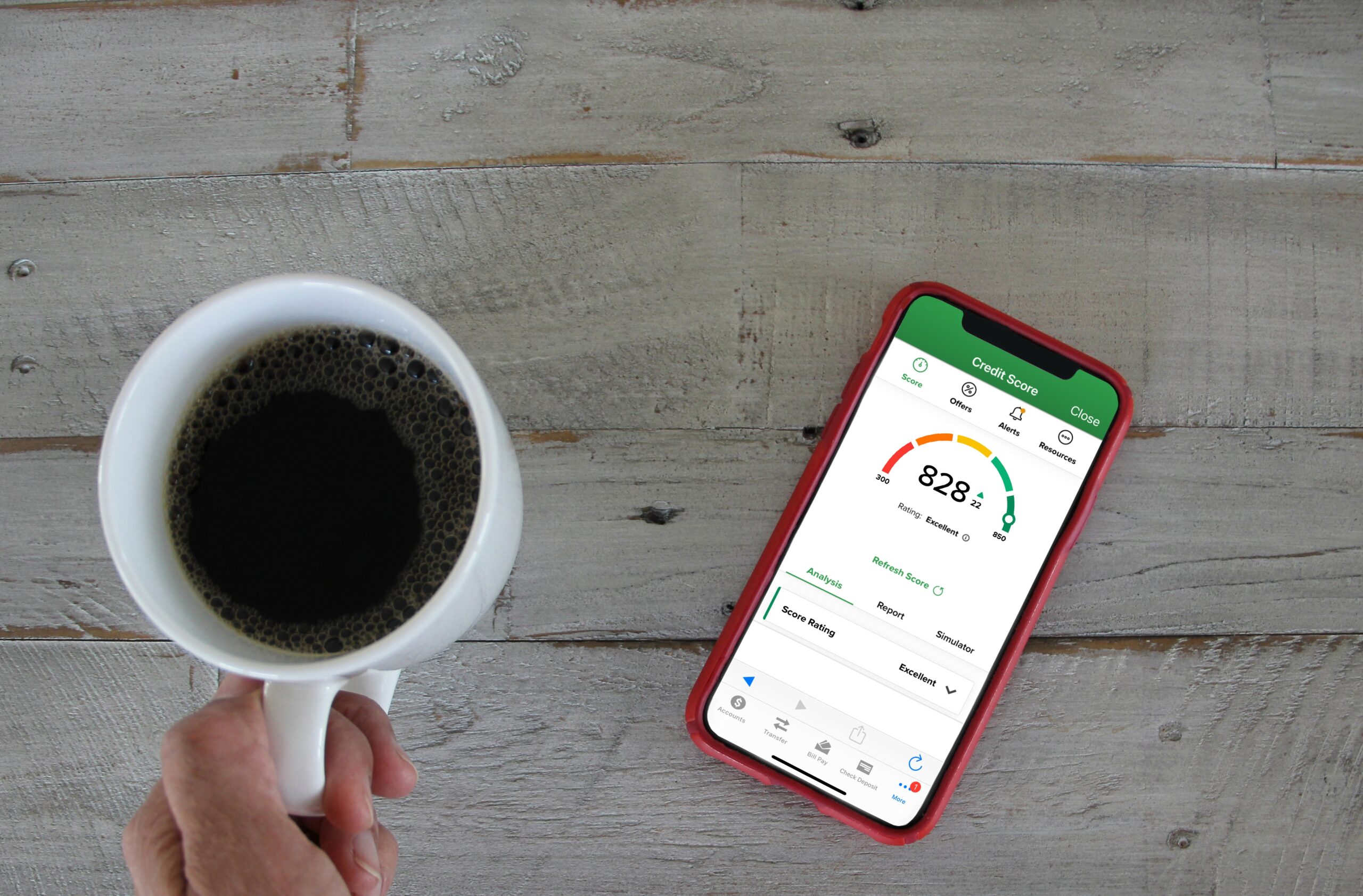Credit reporting is a vital tool that enables lenders and borrowers to make informed financial decisions. A credit report is a comprehensive document that outlines a person’s credit history, including their credit score, payment history, and outstanding debts. Both consumers and lenders stand to benefit significantly from credit reporting.
For consumers, credit reporting offers numerous advantages. It provides a clear and concise picture of their financial standing, allowing them to monitor their creditworthiness and identify areas that need improvement. By checking their credit report regularly, consumers can spot errors and discrepancies, such as incorrect personal information or fraudulent activity, which can affect their credit score negatively. Resolving these issues can improve their credit score and increase their chances of getting approved for loans and credit cards.
Credit reporting also enables consumers to negotiate better terms and interest rates on loans and credit cards. A higher credit score signals to lenders that the borrower is a lower risk, making them more likely to receive lower interest rates and better terms. Furthermore, by maintaining a good credit history, consumers can improve their chances of securing housing, employment, and insurance.
Lenders also benefit from credit reporting. By accessing a borrower’s credit report, lenders can evaluate their creditworthiness and assess the level of risk involved in lending to them. This information helps lenders make informed decisions about whether or not to extend credit and under what terms. This, in turn, helps lenders mitigate risk and minimize losses.
Credit reporting also helps lenders to comply with regulations, such as the Fair Credit Reporting Act, which requires that lenders only use credit reports for authorized purposes. By following these regulations, lenders can avoid legal liabilities and maintain a good reputation.
In conclusion, credit reporting is a crucial aspect of financial management that benefits both consumers and lenders. Consumers can use credit reporting to monitor their creditworthiness, negotiate better terms, and improve their chances of getting approved for loans and credit cards. Lenders, on the other hand, can use credit reporting to evaluate borrowers’ creditworthiness, assess risk, and comply with regulations. Overall, credit reporting is an essential tool that helps promote responsible lending and responsible borrowing, leading to better financial outcomes for everyone involved.




